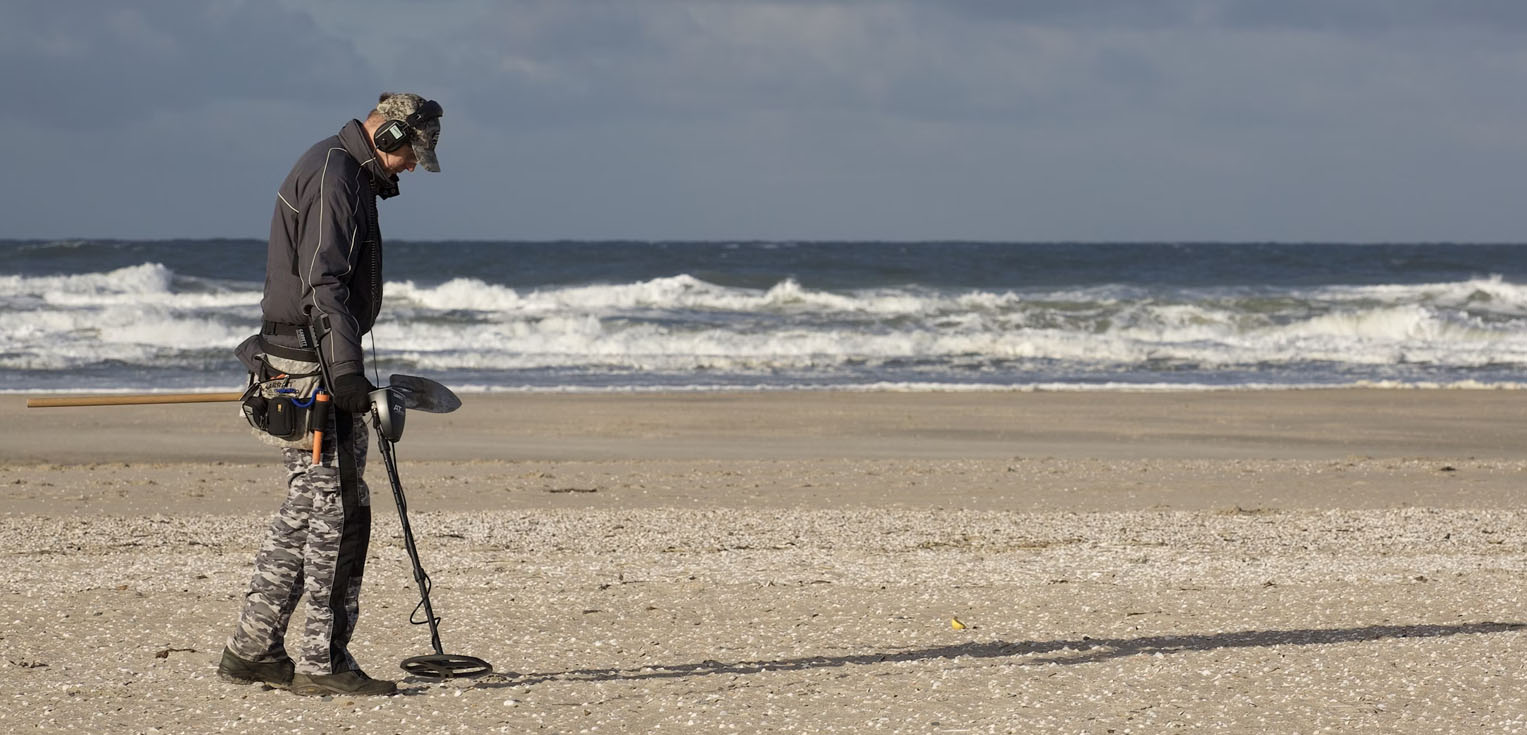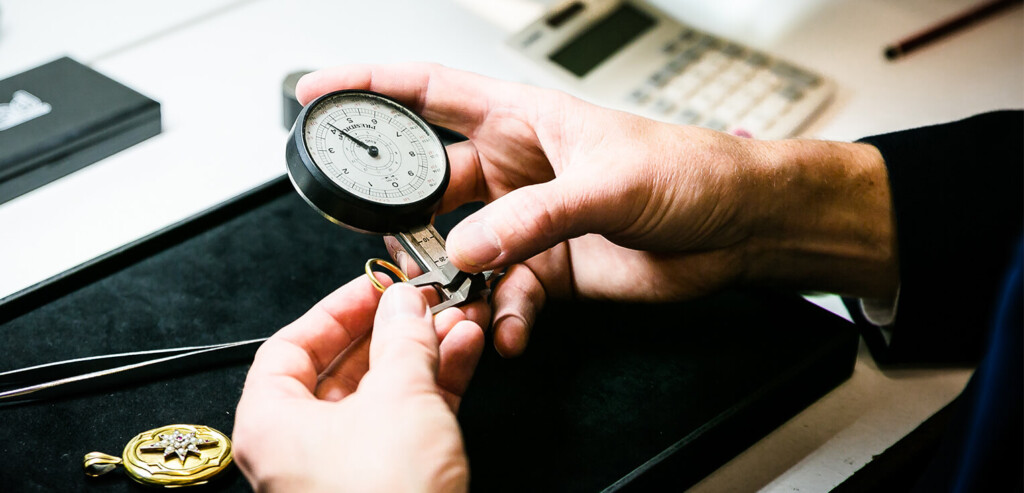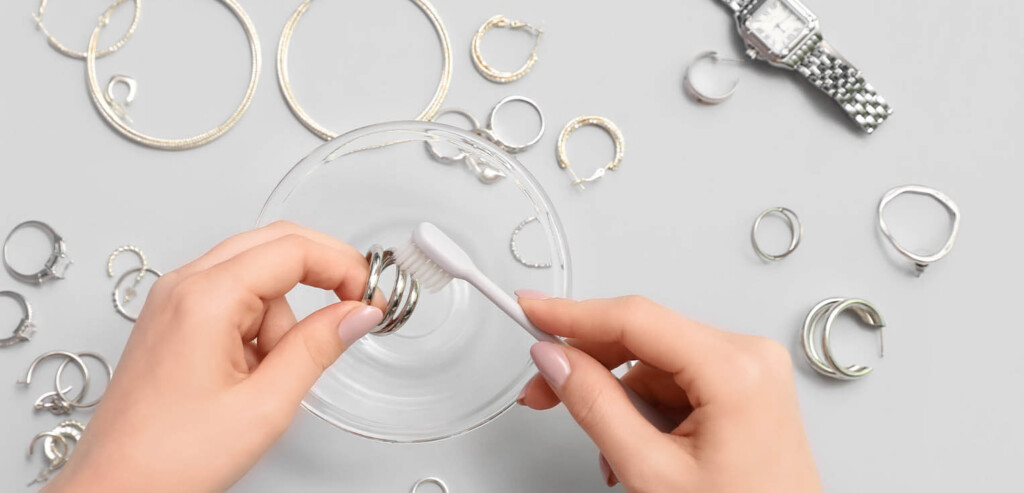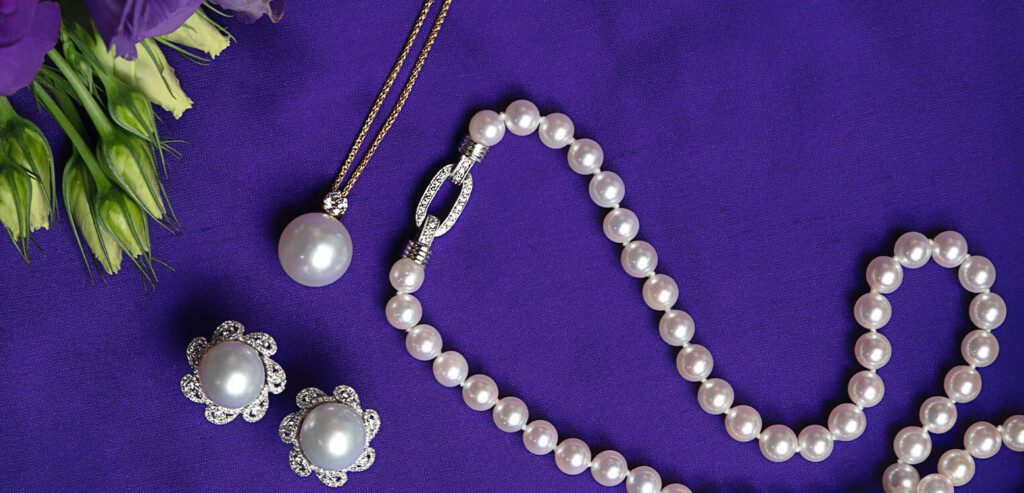Jewellery is one of the most common items found by metal detectors. From lost rings and necklaces to bracelets and engagement rings, there is so much out there waiting to be discovered.
Whether you enjoy metal detecting as a hobby or you’re searching for a lost item of jewellery that is special to you, metal detecting for jewellery is extremely effective and can help you uncover some beautiful and even historical pieces.
What is Metal Detecting?
Metal detecting is the practice of uncovering hidden, lost, or buried objects with a machine called a metal detector. According to Wikipedia, “metal detectors are useful for finding metal objects on the surface, underground, and under water.”
How Do Metal Detectors Work?
Have you ever wondered how metal detectors work? Metal detectors work by signalling the presence of metal with a tone, needle movement, or light. This signal will usually increase in urgency the closer the metal detector is to the object.
Although metal detectors can be used by professionals to find things like landmines and weapons, they are also used to locate steel reinforcing bars in construction and foreign objects in airport security.
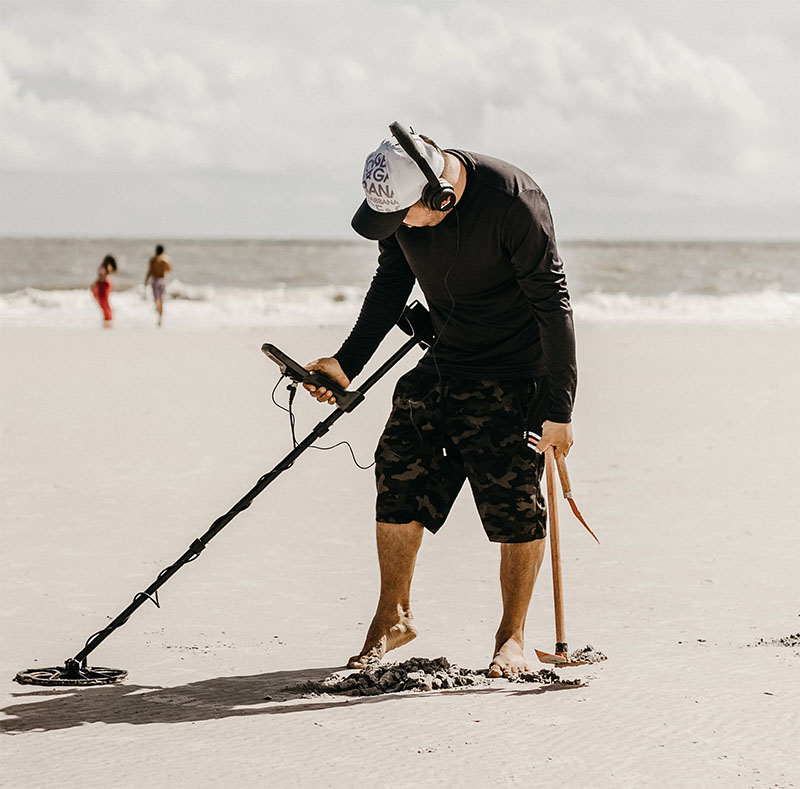
Metal Detection Today
Today, metal detectors are widely used by enthusiasts searching for their next big find. Many people use metal detectors to find coins and other objects that can be valued by and even sold to museums.
However, metal detectors are also very effective at finding jewellery. Lost jewellery can be detected in many places – from your own property to the beach or park. Even if the jewellery you uncover is decades old, it may still be worth something. Alternatively, rather than selling it on you could start your very own collection of antique jewellery pieces.
 |
View jewellery rangeFrom just £90 |
What Kind of Jewellery Can Metal Detectors Find?
You may be wondering what kind of jewellery metal detecting uncovers. Almost all metal detectors are built to find gold, platinum, silver, and bronze – the key materials found in many items of jewellery.
Of course, the type of jewellery you can find depends on the type of metal detector you use. While all metal detectors will help you find gold (for example), there are different types of detectors that are sensitive to specific types of metal. So, if you are only interested in locating a particular type of gold jewellery, for instance, you may want to buy a metal detector able to offer that function.
For most people, multi-purpose detectors are very effective at locating jewellery, even on difficult terrain. Anyone interested in metal detecting will tell you to do your research first before buying the technology that’s right for you.
Metal Detecting for Jewellery: How to Start Your Search
Whether you are new to metal detecting or you’d like a few tips to improve your strategy, here are a few of our suggestions:
Start with a Plan
You should always start with a solid plan. You can waste precious time wandering randomly around fields and beaches. If you want to get the most out of your metal detecting trip, it’s important to choose your location and equipment carefully.
Do your research to find the best areas for jewellery hunting. There are many places where lost jewellery is more common than others, such as the beach, rivers, under bridges, and around old house sites. So, do some research and write down your top choices before heading out on your trip.
Be Aware of Permits
If the locations you choose are on private land, it’s important to request the permission you need to safely trespass. Getting all the permits organised in advance will save you a lot of time and will help you avoid a fine and/or angry landowners.
Pack Accessories
Many people new to metal detecting rush out the door with their metal detector only to get stuck when they actually find something.
In addition to your detecting equipment, it’s important to pack several accessories that will enhance your productivity and boost the success of your jewellery search. These include:
Good Digging Equipment: you’ll want to pack a shovel and hand trowel. These will help you dig through soil and sand to reach any jewellery items you find. Be sure to buy high-quality as cheap versions tend to break easily.
A Quality Backpack: you will have a lot to carry – from your equipment to the jewellery you find along the way. So, it’s important to purchase a high-quality backpack. We recommend bags with plenty of pockets as this makes it easy to separate your jewellery finds while leaving plenty of space for your accessories and food supplies.
Headphones: no, not the kind you listen to music through. You need metal detecting headphones. These clever gadgets help block out distracting noises and amplify faint signals, so that you can find what you’re looking for more easily. This is especially helpful if you are searching for jewellery in busy areas such as the beach.
Please note: if you are searching for items in the woods, it’s best to avoid wearing headphones as you are generally more isolated and therefore, you need to be more aware of your surroundings.
Extra Batteries: the worst thing about metal detecting (besides not finding anything) is running out of battery. That’s why we always recommend you pack extra batteries for all your equipment – especially if you are taking a longer trip. While some metal detectors have rechargeable batteries, other models require back-up supplies. So, be sure you pack all the batteries and chargers you need to get the most out of your jewellery search.
First Aid Kit: you never know what you might come across while you’re out metal detecting. If you are in an area where there are abandoned buildings, unstable structures, ruins, or even wells it’s vital you stay alert and aware of your surroundings. It’s easy to trip and fall, causing yourself an injury. That’s why we recommend packing a first aid kit to ensure you have everything you need in the event of an accident.
Final Words
Whether you are searching for an old piece of jewellery you’ve lost or you’re keen to discover hidden treasures, we hope our tips help. Metal detecting for jewellery can be very exciting and you might find yourself uncovering some long-forgotten history.

